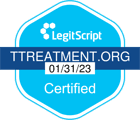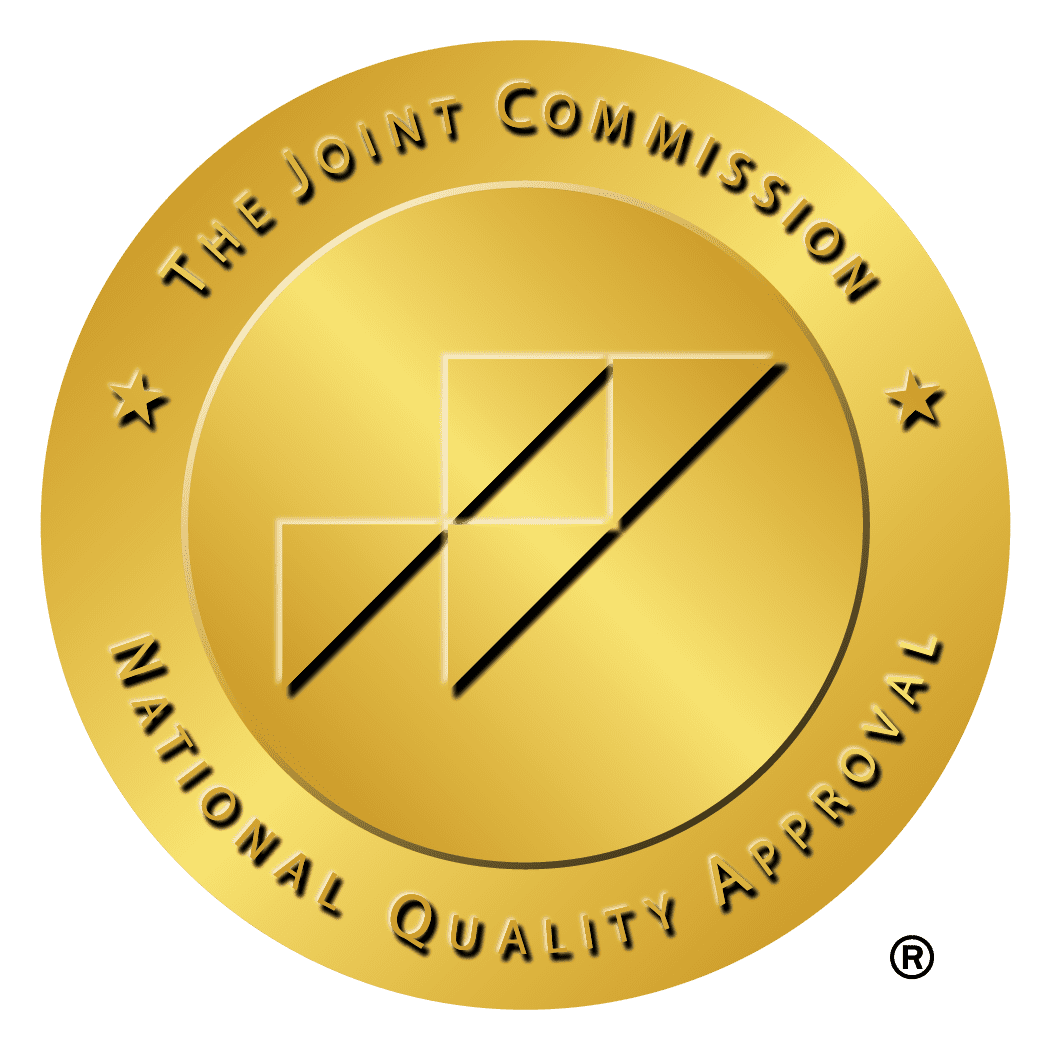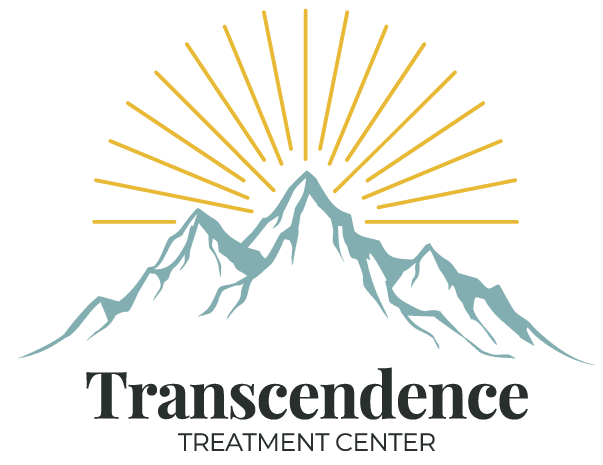People in recovery from addiction may sometimes substitute one addiction for another. Taking control of your life is very important and you must stay vigilant as there can be signs of a second addiction if you do not pay close enough attention. We wanted to go over the context of cross-addiction, why it occurs, and how to recognize the signs.
What is Cross-Addiction?
Cross-addiction occurs when someone has more than one addiction or exhibits two or more addictive behaviors. These behaviors can include physical dependence on alcohol or additional substances, but can also take the form of behavioral addictions such as eating, gambling, or other compulsive behaviors.
How Does it Develop?
With cross addiction, the person is already in recovery and may have just started or completed their treatment. This can occur through addiction recovery treatments when the addict relapses with a different substance or behavior than the one treated.
When an addict takes their drug or drink of addiction, the brain releases a chemical called dopamine into the bloodstream, signaling to the body that something rewarding has happened or is about to. After addicts initially quit their primary addiction, they frequently feel a sudden sense of emptiness as they are now missing that dopamine. Pumping your body full of dopamine will lead it to crave more. That is why someone with newfound sobriety can quickly escalate a “regular habit” into an addiction.
Most Common Cross Addictions
The addictions can include alcohol or other drugs, but can also include behavioral addictions. Some common cross-addictions could include:
- Alcohol → Drugs
- Drugs → Alcohol
- Alcohol → Drugs → Video Games
- Alcohol or Drugs → Sex
- Alcohol or Drugs → Gambling
- Alcohol or Drugs → Food
- Alcohol or Drugs → Pornography
- Alcohol or Drugs → Working Out
- Alcohol or Drugs → Shopping
What Medications Can Have the Potential for Cross-Addiction
Drugs that might increase the risk of developing cross addiction include different medications that suppress the central nervous system. These include:
- Alcohol
- Narcotic pain-relieving medications (Vicodin, OxyCotin, etc.) and heroin
- Anti-anxiety drugs, such as benzodiazepines (e.g. Valium, Xanax) or barbiturates (e.g. Seconal)
- Sedatives and sleep aids
- Cannabis or other types of hallucinogenic drugs
How To Recognize The Symptoms Of Cross Addiction
People who suffer from mental health disorders, particularly post-traumatic stress disorder (PTSD), anxiety, and depression are the most predisposed to addiction. It is important to look for red flags as a warning sign from someone you suspect is struggling with addiction. For example, if someone says they aren’t going to do something but feel a compulsion to do it anyways out of habit or the need to get a fix, this may be cause for concern. If you notice suspicious behavior it may be time to intervene.
Tips For Coping/Avoiding Cross Addiction
Seeking treatment is absolutely vital when suffering from a cross addiction. It is essential to take time to reflect and recognize how to do things in moderation. Find several hobbies to indulge in instead of going all the way with one leading to concerning behavior. Support yourself with friends, family, and peers who can help and keep you in check.
When To Ask For Professional Help
Individuals in recovery should remain vigilant and follow the treatment regime to ensure their continued success and absence. We wish you the best of luck on your journey to recovery and at Transcendence Treatment Center we are always here for you. Please reach out to us at 854-222-3773 or visit our website.



